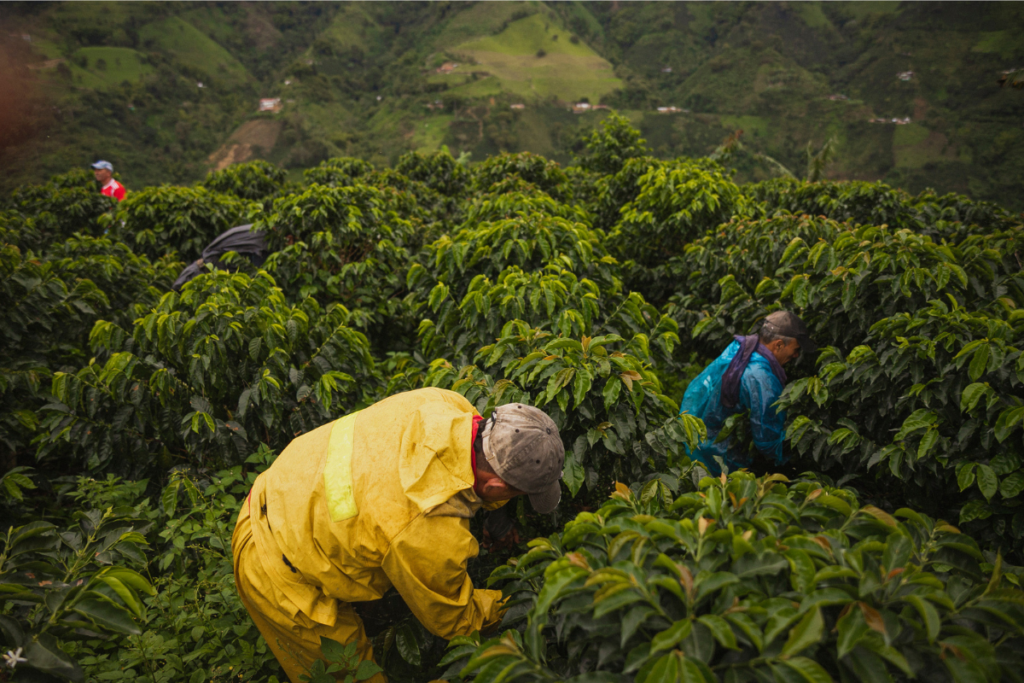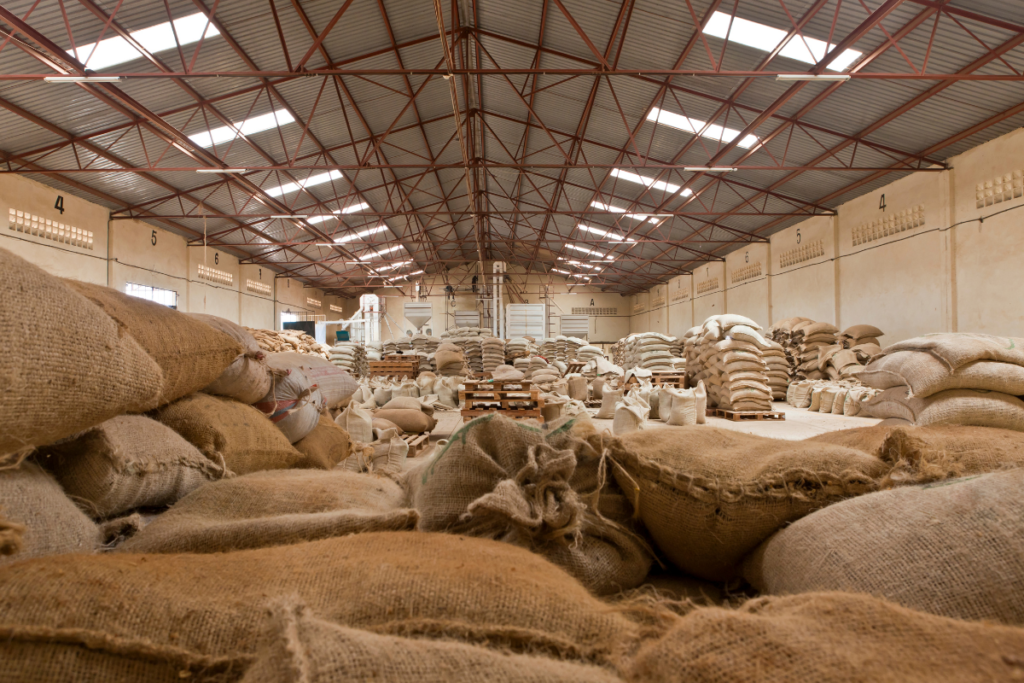
Apps are increasingly playing a significant role in various aspects of specialty coffee growing, offering tools and resources to coffee farmers to improve productivity, sustainability, and profitability. Here are some ways in which apps are impacting coffee growing:
- Crop Management and Monitoring: Apps provide coffee farmers with tools to monitor and manage their crops more effectively. These apps often include features such as crop calendars, pest and disease identification, weather forecasts, and soil health assessments, allowing farmers to make informed decisions about planting, irrigation, fertilization, and pest control.
- Data Collection and Analysis: Apps enable coffee farmers to collect and analyze data related to their farming operations, including yield data, input usage, labor costs, and financial transactions. This data-driven approach helps farmers identify trends, optimize resource allocation, and improve decision-making for better crop management and profitability.
- Market Information and Price Transparency: Apps provide access to market information, including coffee prices, market trends, and trading opportunities. Farmers can use these insights to negotiate better prices, plan their sales strategy, and connect with buyers directly, reducing reliance on intermediaries and improving market transparency.
- Training and Education: Apps offer training and educational resources to coffee farmers, covering topics such as agronomic practices, sustainable farming techniques, certification requirements, and market access. These educational tools help farmers improve their farming skills, adopt best practices, and comply with quality and sustainability standards.
- Supply Chain Traceability: Apps enable supply chain traceability by tracking the journey of specialty green coffee beans from farm to cup. Farmers can use blockchain technology or digital platforms to record information about their coffee production, including origin, cultivation practices, processing methods, and certifications. This transparency helps build trust with consumers and strengthens the value chain.
- Financial Services and Access to Credit: Apps facilitate access to financial services and credit for coffee farmers, particularly in regions where access to traditional banking services is limited. Farmers can use mobile banking apps or digital platforms to access loans, savings accounts, insurance, and other financial products, helping them invest in their farms, improve productivity, and manage risks.
- Community Building and Collaboration: Apps foster community building and collaboration among coffee farmers, cooperatives, and industry stakeholders. Farmers can share knowledge, exchange information, and collaborate on projects through digital platforms, enhancing networking opportunities and collective action for sustainable development.
Overall, apps are empowering coffee farmers with access to information, tools, and resources to improve their farming practices, enhance market access, and build resilience to environmental and economic challenges. By leveraging technology, specialty coffee growers can increase productivity, sustainability, and profitability, contributing to the long-term viability of the coffee industry.


